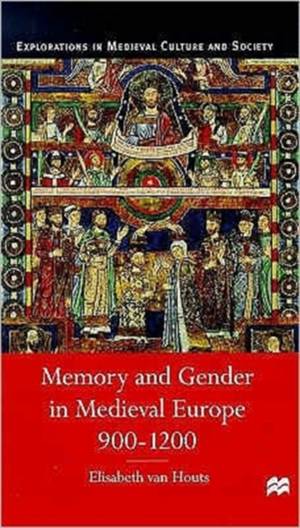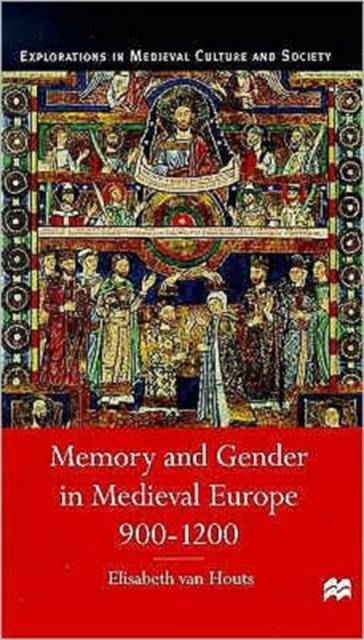
- Afhalen na 1 uur in een winkel met voorraad
- Gratis thuislevering in België vanaf € 30
- Ruim aanbod met 7 miljoen producten
- Afhalen na 1 uur in een winkel met voorraad
- Gratis thuislevering in België vanaf € 30
- Ruim aanbod met 7 miljoen producten
Zoeken
Omschrijving
Remembering the past in the Middle Ages is a subject that is usually perceived as a study of chronicles and annals written by monks in monasteries. Following in the footsteps of early Christian historians such as Eusebius and St Augustine, the medieval chroniclers are thought of as men isolated in their monastic institutions, writing about the world around them. As the sole members of their society versed in literacy, they had a monopoly on the knowledge of the past as preserved in learned histories, which they themselves updated and continued. A self-perpetuating cycle of monks writing chronicles, which were read, updated and continued by the next generation, so the argument goes, remained the vehicle for a narrative tradition of historical writing for the rest of the Middle Ages. Elisabeth van Houts forcefully challenges this view and emphasises the collaboration between men and women in the memorial tradition of the Middle Ages through both narrative sources (chronicles, saints' lives and miracles) and material culture (objects such as jewellery, memorial stones and sacred vessels). Men may have dominated the pages of literature from the period, but they would not have had half the stories to write about if women had not told them: thus the remembrance of the past was a human experience shared equally between men and women.
Specificaties
Betrokkenen
- Auteur(s):
- Uitgeverij:
Inhoud
- Aantal bladzijden:
- 196
- Taal:
- Engels
- Reeks:
Eigenschappen
- Productcode (EAN):
- 9780333568590
- Verschijningsdatum:
- 26/05/1999
- Uitvoering:
- Paperback
- Formaat:
- Trade paperback (VS)
- Afmetingen:
- 140 mm x 216 mm
- Gewicht:
- 249 g

Alleen bij Standaard Boekhandel
+ 183 punten op je klantenkaart van Standaard Boekhandel
Beoordelingen
We publiceren alleen reviews die voldoen aan de voorwaarden voor reviews. Bekijk onze voorwaarden voor reviews.











